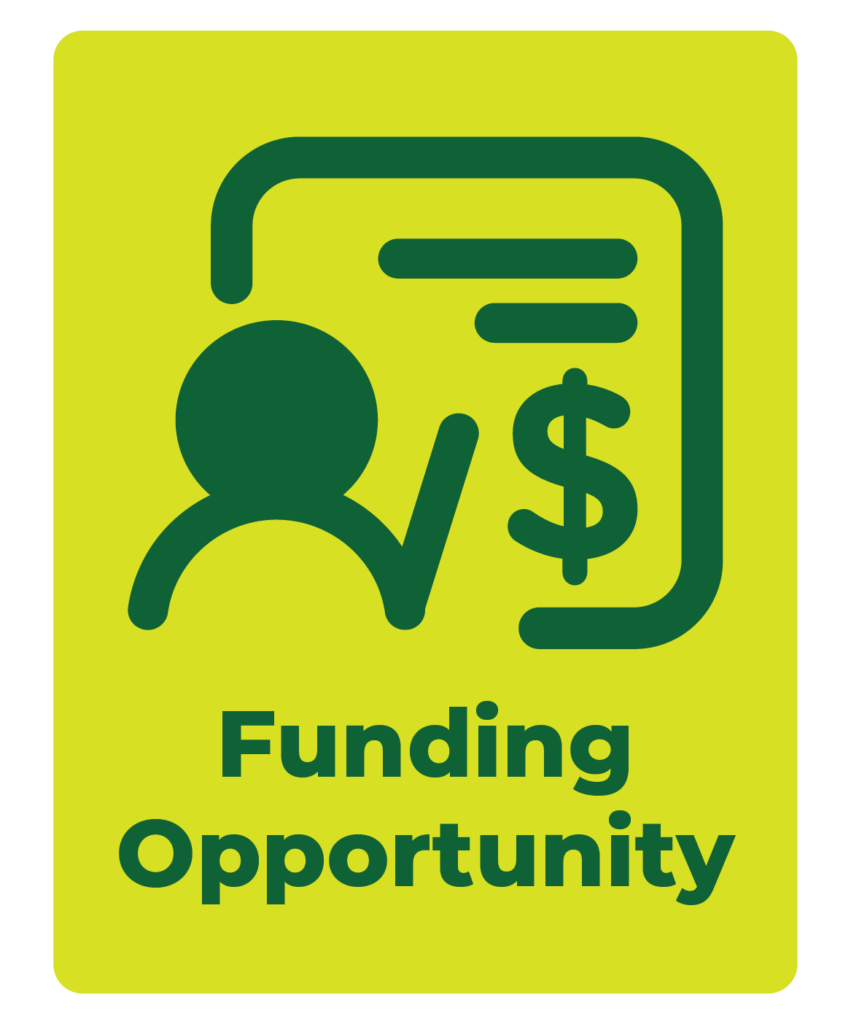Women in Apprenticeship and Nontraditional Occupations (WANTO) Technical Assistance Grant Program

Administering Agency: U.S. Department of Labor, Womens Bureau
Posted Date: Apr 11, 2024
Closing Date for Applications: Jun 10, 2024
Funding Range: Total funds available: $6,000,000 — Grant award maximum: $750,000; Grant award minimum: $350,000
Geographic Scope: National
Description: This program aims to provide technical assistance (TA) to employers (which may include public sector entities) and labor unions in the United States and its territories to encourage employment of women in both apprenticeable occupations and nontraditional occupations (A/NTO), specifically in the following ways:
- Developing (establishing, expanding, and/or enhancing) pre-apprenticeship, youth apprenticeship, Registered Apprenticeship (as defined in Appendix B “Acronyms and Definitions”), or other nontraditional skills training programs designed to prepare women for careers in A/NTO;
- Providing ongoing orientations or other resources for employers, unions, and workers on creating a successful environment for women in A/NTO; and/or
- Setting up support groups, facilitating networks, and/or providing supportive services (as defined in section IV.E.3) for women in A/NTO to improve their retention.
Applicants may propose to provide technical assistance to support women’s participation and success in the full range of industries in which women are historically underrepresented or where women are disproportionately concentrated in the lower-wage occupations. Such industries include, but are not limited to; advanced manufacturing, construction, energy, health care, information technology, finance, and transportation. Applicants with experience working with or as an equity intermediary are encouraged to apply, as well as applicants with a proposed focus on expanding outreach/recruitment to historically underrepresented communities, including but not limited to women of color and women with disabilities, women at or below the federal poverty line, formerly incarcerated women, immigrant women, transgender women, and women who live in rural geographic areas






